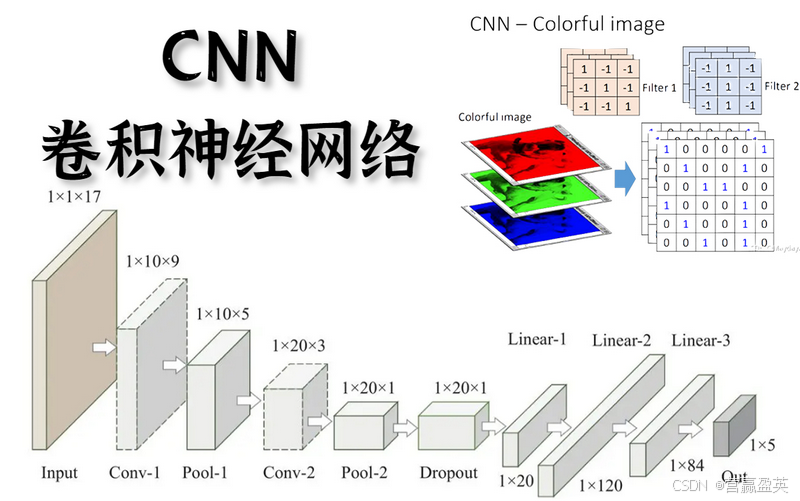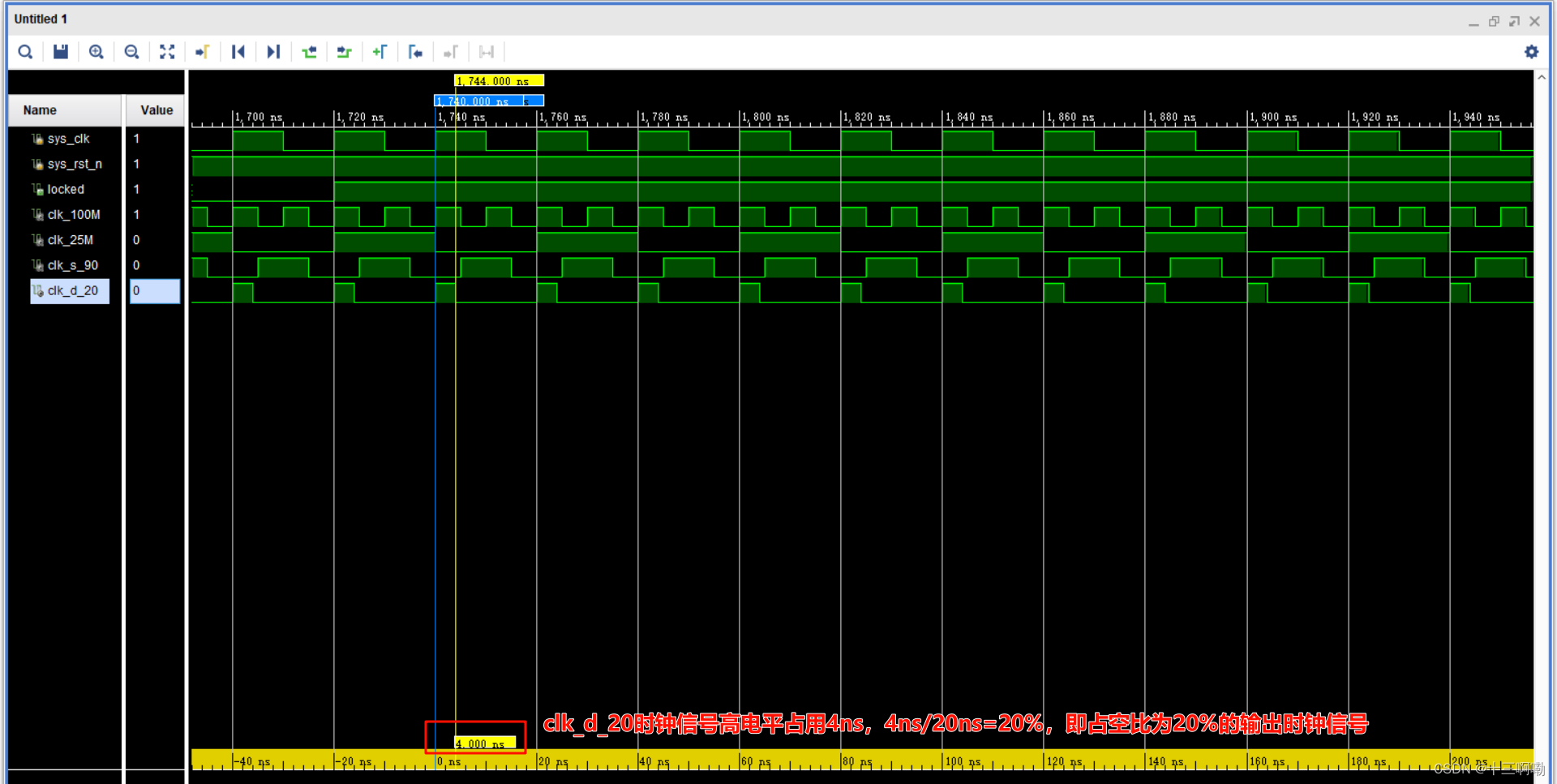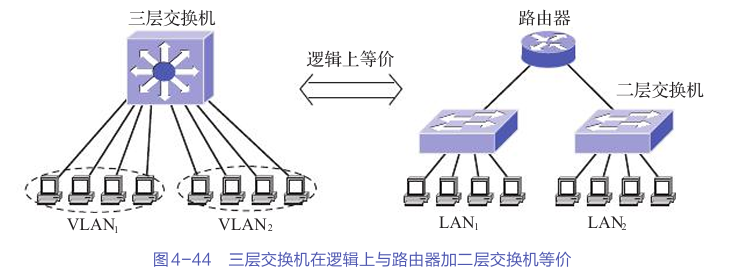题意:由 getattr 引起的有趣的 bug
问题背景:
I try to train 8 CNN models with the same structures simultaneously. After training a model on a batch, I need to synchronize the weights of the feature extraction layers in other 7 models.
This is the model:
class GNet(nn.Module):
def __init__(self, dim_output, dropout=0.5):
super(GNet, self).__init__()
self.out_dim = dim_output
# Load the pretrained AlexNet model
alexnet = models.alexnet(pretrained=True)
self.pre_filtering = nn.Sequential(
alexnet.features[:4]
)
# Set requires_grad to False for all parameters in the pre_filtering network
for param in self.pre_filtering.parameters():
param.requires_grad = False
# construct the feature extractor
# every intermediate feature will be fed to the feature extractor
# res: 25 x 25
self.feat_ex1 = nn.Conv2d(192, 128, kernel_size=3, stride=1)
# res: 25 x 25
self.feat_ex2 = nn.Sequential(
nn.BatchNorm2d(128),
nn.Dropout(p=dropout),
nn.Conv2d(128, 128, kernel_size=3, stride=1, padding=1)
)
# res: 25 x 25
self.feat_ex3 = nn.Sequential(
nn.BatchNorm2d(128),
nn.Dropout(p=dropout),
nn.Conv2d(128, 128, kernel_size=3, stride=1, padding=1)
)
# res: 13 x 13
self.feat_ex4 = nn.Sequential(
nn.MaxPool2d(kernel_size=3, stride=2, padding=1),
nn.BatchNorm2d(128),
nn.Dropout(p=dropout),
nn.Conv2d(128, 128, kernel_size=3, stride=1, padding=1)
)
# res: 13 x 13
self.feat_ex5 = nn.Sequential(
nn.BatchNorm2d(128),
nn.Dropout(p=dropout),
nn.Conv2d(128, 128, kernel_size=3, stride=1, padding=1)
)
# res: 13 x 13
self.feat_ex6 = nn.Sequential(
nn.BatchNorm2d(128),
nn.Dropout(p=dropout),
nn.Conv2d(128, 128, kernel_size=3, stride=1, padding=1)
)
# res: 13 x 13
self.feat_ex7 = nn.Sequential(
nn.BatchNorm2d(128),
nn.Dropout(p=dropout),
nn.Conv2d(128, 64, kernel_size=3, stride=1, padding=1)
)
# define the flexible pooling field of each layer
# use a full convolution layer here to perform flexible pooling
self.fpf13 = nn.Conv2d(in_channels=448, out_channels=448, kernel_size=13, groups=448)
self.fpf25 = nn.Conv2d(in_channels=384, out_channels=384, kernel_size=25, groups=384)
self.linears = {}
for i in range(self.out_dim):
self.linears[f'linear_{i+1}'] = nn.Linear(832, 1)
self.LogTanh = LogTanh()
self.flatten = nn.Flatten()And this is the function to synchronize the weights:
def sync_weights(models, current_sub, sync_seqs):
for sub in range(1, 9):
if sub != current_sub:
# Synchronize the specified layers
with torch.no_grad():
for seq_name in sync_seqs:
reference_layer = getattr(models[current_sub], seq_name)[2]
layer = getattr(models[sub], seq_name)[2]
layer.weight.data = reference_layer.weight.data.clone()
if layer.bias is not None:
layer.bias.data = reference_layer.bias.data.clone()then an error is raised:
'Conv2d' object is not iterable
which means the getattr() returns a Conv2D object. But if I remove [2]:
def sync_weights(models, current_sub, sync_seqs):
for sub in range(1, 9):
if sub != current_sub:
# Synchronize the specified layers
with torch.no_grad():
for seq_name in sync_seqs:
reference_layer = getattr(models[current_sub], seq_name)
layer = getattr(models[sub], seq_name)
layer.weight.data = reference_layer.weight.data.clone()
if layer.bias is not None:
layer.bias.data = reference_layer.bias.data.clone()I get another error:
'Sequential' object has no attribute 'weight'
which means the getattr() returns a Sequential. But previously it returns a Conv2D object. Does anyone know anything about this? For your information, the sync_seqs parameter passed in sync_weights is:
sync_seqs = [
'feat_ex1',
'feat_ex2',
'feat_ex3',
'feat_ex4',
'feat_ex5',
'feat_ex6',
'feat_ex7'
]问题解决:
In both instances, getattr is returning a Sequential, which in turn contains a bunch of objects. In the second case, you're directly assigning that Sequential to a variable, so reference_layer ends up containing a Sequential.
In the first case, however, you're not doing that direct assignemnt. You're taking the Sequential object and then indexing it with [2]. That means reference_layer contains the third item in the Sequential, which is a Conv2d object.
Take a more simple example. Suppose I had a ListContainer class that did nothing except hold a list. I could then recreate your example as follows, with test1 corresponding to your first test case and vice versa:
class ListContainer:
def __init__(self, list_items):
self.list_items = list_items
letters = ["a", "b", "c"]
container = ListContainer(letters)
test1 = getattr(container, "list_items")[0]
test2 = getattr(container, "list_items")
print(type(test1)) # <class 'str'>
print(type(test2)) # <class 'list'>In both tests, getattr itself is returning a list - but in the second, we're doing something with that list after we get it, so test2 ends up being a string instead.




















